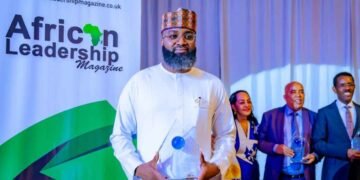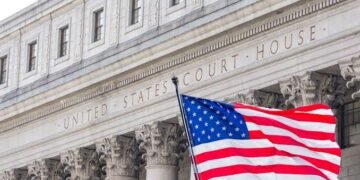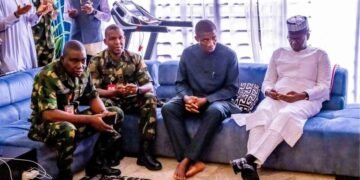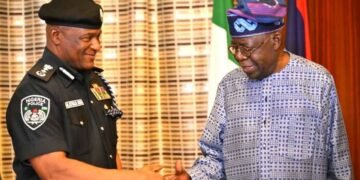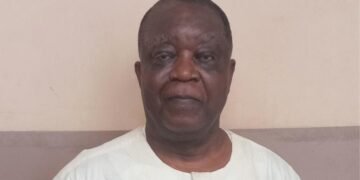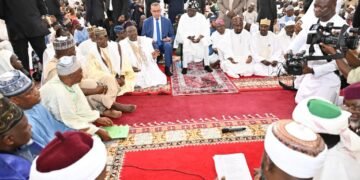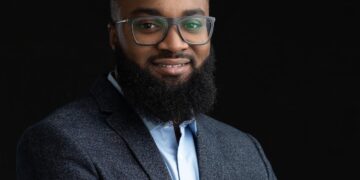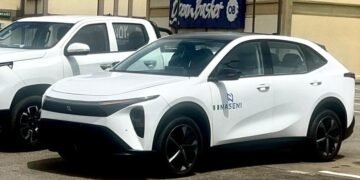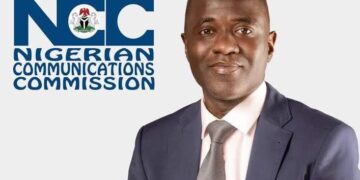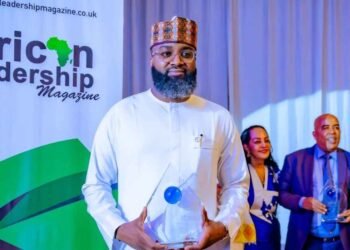By Musa Ilallah
It is not a matter for debate that the journey of Nigeria@61 was with its ups and downs, good and bad times, successes and failures, challenges among others things.
Even the independence handed over to Nigeria by the British colonialists on October 1, 1960 did not come on a plater of gold, nor without some positive and negative consequences.
Things however began to take shape for the speedy growth and development of the country given the enthusiasm and anxiety that accompanied Nigeria’s independence and territorial integrity.
In the concluding chapter of his book titled “What Britain did to Nigeria” by Max Siollun, he quoted Sir Lord Lugard saying on the independence granted us by the Britons: “we have, admittedly by force, given the people good government in place of tyranny, we have abolished human sacrifice and slavery and we have secured for the country a material prosperity”.
For clarity, Lord Frederick Lugard was the Governor of both the Northern Nigeria Protectorate and the Colony and Protectorate of Southern Nigeria who signed a document consolidating the two thereby creating the Colony and Protectorate of Nigeria. Following this, regrettably, Nigeria only became independent 46 years later in 1960.
Since then, the country has come under the leadership of various elected civilian administrations and sadly under military regimes arising from military incursions into the democratic space by the Armed Forces several times.
Such daring challenges including robberies, terrorism, cyber crimes, farmer_herder clashes, kidnapping, banditry, corruption, economic sabotage and others have dominated the space for decades now.
So far so good, the journey into nationhood has largely been thorny but full of successes especially from the return of democracy in 1999 to date.
Numerous challenges of ethnicity, religion among others have starred Nigeria in the face and have undoubtedly negatively affected its growth and development.
For Nigerians and Nigeria it is a mixture of the good and the bad under civilian regimes since 1999.
For a cross section of Nigerians, the best days started with the election of President Muhammadu in 2015. His three dimensional approach to governance of improving the economy, taming corruption and insurgency as part of his campaign promise began to take effect in the interest of the people.
Today, almost seven years down the line, PMB has religiously kept to his promise to make the difference.
In his address to mark the country’s 61st independence anniversary in Abuja, President Buhari was unequivocal in saying: “alot has been achieved in the last six years on many fronts: in infrastructure, social care, governance, Nigeria’s image and influence in Africa and the international community.” PMB boasted, “No government since 1999 has done what we have done in six years to put Nigeria back on track.”
However, the President noted that critics misdiagnose incremental progress as stagnation explaining that since coming to power his Administration has tackled our problems head-on in spite of the meagre resources of Government.
In his usual style, PMB added ‘We shall continue to serve the country, listen to all and protect our democracy and country.’
In the address, President Buhari further noted that our prioritisation of developing Nigeria’s Digital Economy has positively impacted the contribution of the ICT sector to our GDP stressing that the past eighteen months have been some of the most difficult periods in the history of Nigeria. “Since the civil war, I doubt whether we have seen a period of more heightened challenges than what we have witnessed in this period.”
In its attempt to implement budgetary allocations, the Presidential Infrastructure Development Fund (PIDF) and the Road Infrastructure Development and Refurbishment Investment Tax Credit Scheme were recently established with a funding target of a N15trillion to the Infrastructural Corporation of Nigeria Limited, INFRACO. INFRACO will also focus on leveraging resources on a public-private sector basis for infrastructural development in Nigeria.
The President had also assured that the original priorities for 2020 were to continue stabilising our economy following the deep recession while restoring peace in areas confronted with security challenges.
Earlier corroborating the testimony of PMB and acknowledging progress so far by the President Buhari-led Federal Government, President of the Senate, Dr. Ahmad Lawan also admitted that “the government has committed more resources to diversification of the economy than any previous administration.” The Senate President made this disclosure during the inauguration of a Poultry Farm Centre established by the National Agricultural Land Development Authority, NALDA at Gasamu, in Jakusko Local Government Area of Yobe State. He added “no past government had invested as much resources in agriculture as Buhari’s All Progressives Congress, APC government.
“We have promised to diversify the economy of this country. For more than 50 years, our economy had been dependent on one single commodity and that is oil. Oil does not provide so much employment opportunities.There could be revenues but, definitely, not the mainstream opportunities in terms of employment. But when you diversify into agriculture, you would have much more people engaged, especially, our youths, who today are largely unemployed or underemployed.
“So we are diversifying the economy of Nigeria through agriculture and we have done so much as a country, as a government, in the last six years or so. No previous administration in Nigeria has committed as much funds, resources in agriculture as this administration.”
Lawan added, “I stand to be contradicted that if not because of resources that we have put in the agriculture sector, Nigeria would still have been importing the food that we eat. But everyone knows that the rice import bill has gone so low, almost to nothing today. We used to spend billions of dollars every year to import rice, but now we have been producing the rice that we eat”.
So far, so good. Despite our numerous challenges, threats and distractions, Nigeria seems to be making steady progress in growth and development on all fronts.
All hopes are therefore not lost for Nigeria as the giant of Africa to grow from strength to strength and to continue to be a force to be reckoned with in the World..
PMB’s determination to make the difference is really paying off in so many ways for the good of Nigeria and her citizens.

